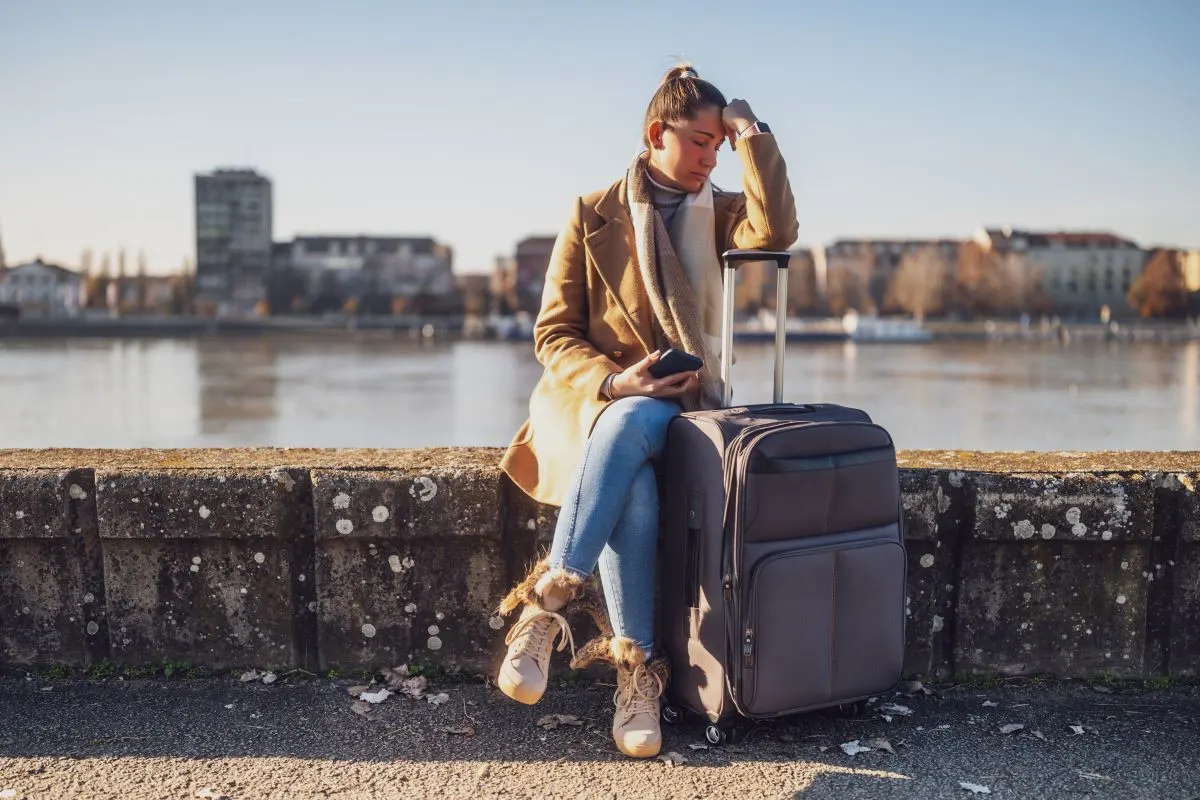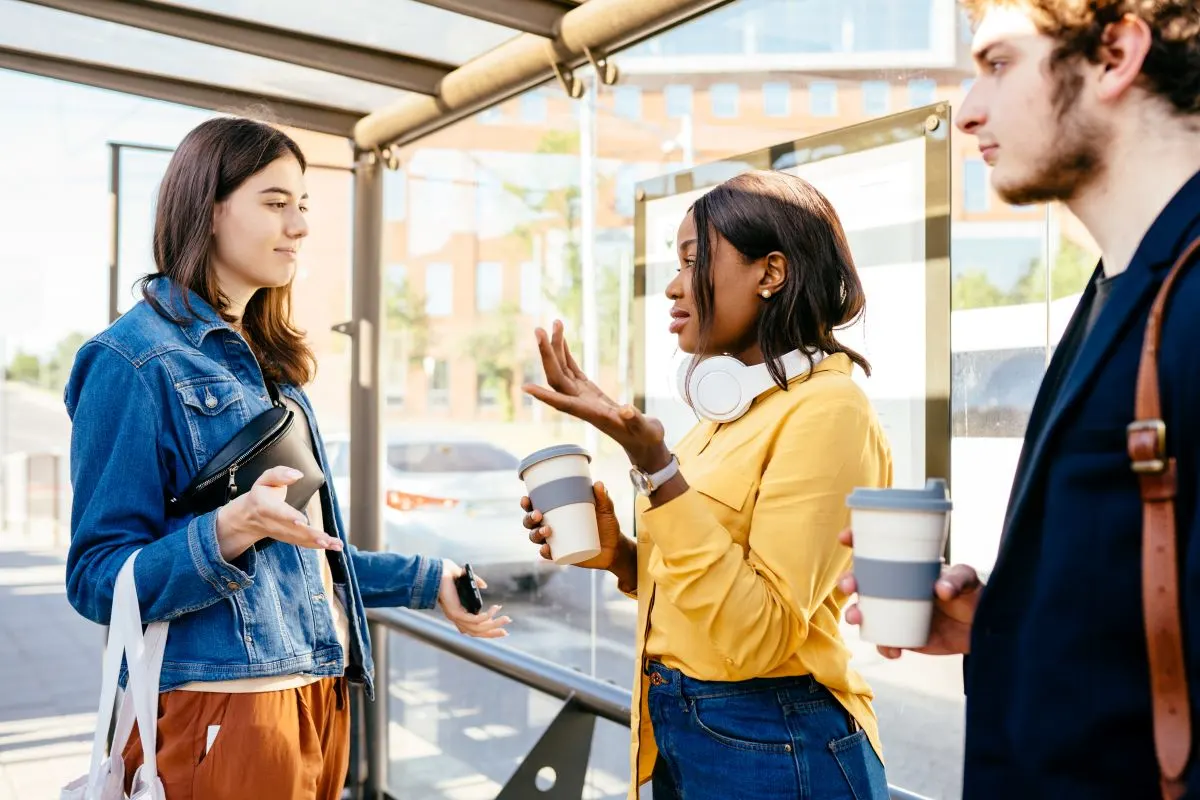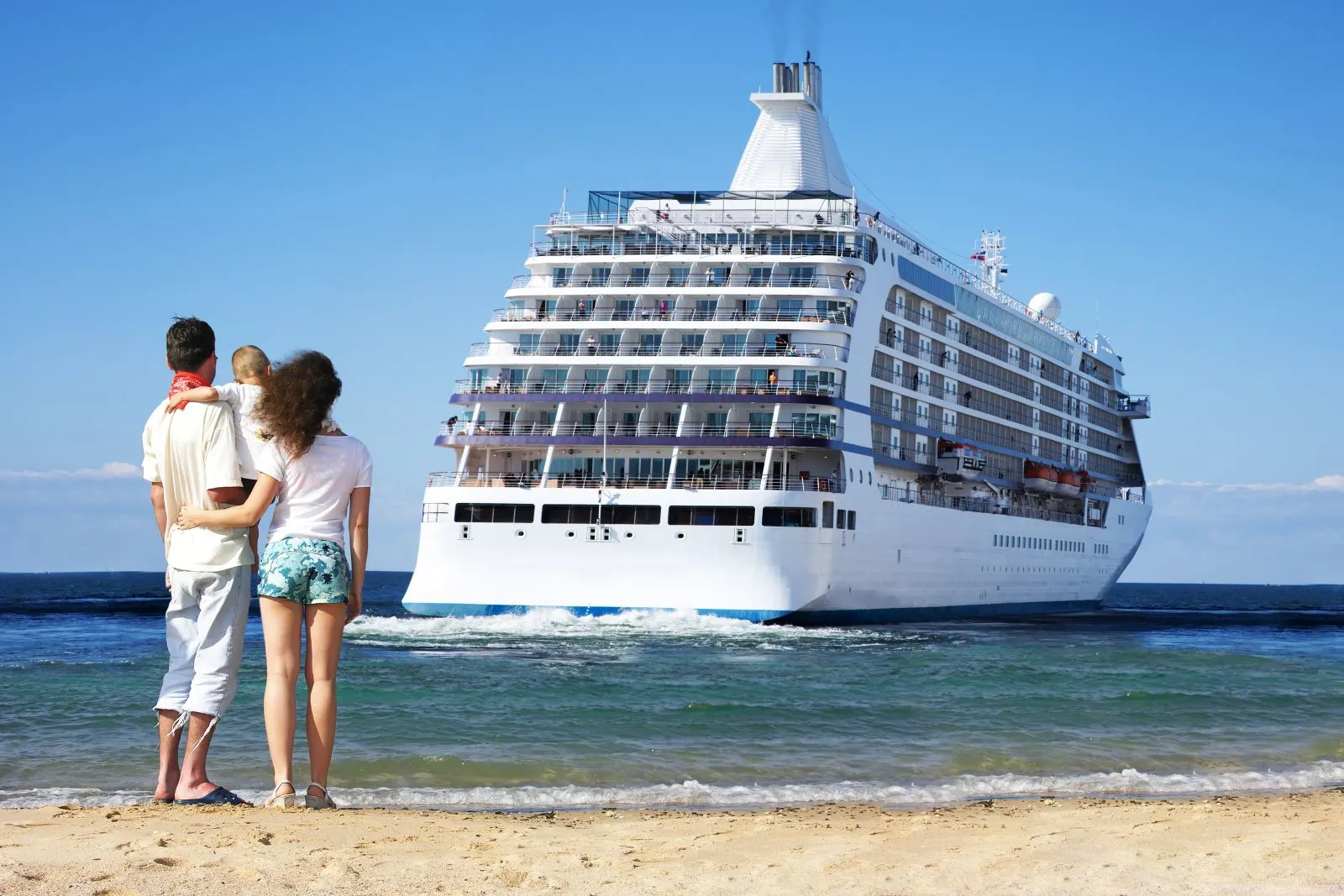In today’s increasingly globalized world, the impact of white privilege on travel cannot be ignored. Travelers from predominantly white countries often experience a different standard of treatment and access than others. This list explores critical insights into navigating white privilege responsibly and highlights some destinations that might require a second thought due to ethical, cultural, or environmental concerns. It aims to promote a more mindful and equitable approach to global exploration.
1. Understanding Local Sensitivities

Image Credit: Shutterstock / frantic00
Travelers should strive to understand local histories, especially colonial legacies that may still affect the regions they visit. This knowledge can foster more respectful and meaningful interactions with local communities.
2. Checking Privilege at Immigration

Image Credit: Shutterstock / MONOPOLY919
White travelers often experience smoother passages through immigration and customs. Recognizing this privilege is key to understanding the broader inequities that exist within international travel systems.
3. Economic Disparities

Image Credit: Shutterstock / f11photo
In many destinations, especially in developing countries, white tourists may be perceived as wealthier, which can skew local economies and inflate prices detrimentally affecting local residents.
4. Cultural Appropriation

Image Credit: Shutterstock / FooTToo
Be mindful of cultural appropriation—adopting elements of a culture not your own, especially without understanding or respect. This can range from fashion choices to participating in traditional ceremonies.
5. Over-Tourism

Image Credit: Shutterstock / Benny Marty
Reconsider travel to destinations suffering from over-tourism, which can lead to environmental degradation and disrupt local lives. Places like Venice, Santorini, and Bali might be worth skipping for less trafficked locales.
6. Supporting Local Economies

Image Credit: Shutterstock / Joshua Hawley
Choose to support local businesses directly to ensure your economic contribution benefits the community rather than international chains.
7. Responsible Photography

Image Credit: Shutterstock / Rawpixel.com
Seek consent before taking photographs of people, especially in communities where tourists frequently objectify local residents. This respect can go a long way in addressing the unequal power dynamics at play.
8. Voluntourism

Image Credit: Shutterstock / oneinchpunch
Be cautious about voluntourism opportunities—many can actually do more harm than good. Research thoroughly to ensure that your contribution will have a positive, not detrimental, impact.
9. Environmental Impact

Image Credit: Shutterstock / VesnaArt
Consider the environmental footprint of your travel. Favor eco-friendly accommodations and activities that contribute to conservation efforts rather than those that harm the local environment.
10. Avoiding Exoticism

Image Credit: Shutterstock / gregorioa
Avoid exoticizing local cultures and people. Treat all cultures with the same respect and complexity you would expect others to give your own.
11. Educating Others

Image Credit: Shutterstock / Ammit Jack
Use your experiences to educate other travelers about the realities of white privilege and encourage them to engage in more responsible behaviors.
12. Choosing Destinations Wisely

Image Credit: Shutterstock / NDAB Creativity
Some destinations might be better to avoid due to political or ethical reasons. Countries with poor human rights records or those where tourism supports oppressive regimes should be reconsidered.
13. Learning Local Languages

Image Credit: Shutterstock / Delbars
Learning at least basic phrases in the local language can demonstrate respect and effort in bridging the cultural divide, showing that you do not expect English to be spoken everywhere.
14. Understanding Representation

Image Credit: Shutterstock / sarayuth3390
Recognize that in many places, the tourism industry may portray a version of culture that’s tailored to Western expectations rather than authentic local traditions.
15. Being an Ally

Image Credit: Shutterstock / knyazevfoto
Where possible, use your privilege to advocate for marginalized voices within the travel industry, ensuring that local communities have agency over how tourism is conducted in their homes.
16. Mindful Souvenir Shopping

Image Credit: Shutterstock / David Bokuchava
Purchase souvenirs directly from artisans to avoid contributions to mass-produced goods that often exploit cheap labor and harm the environment.
17. Engaging in Political Discussions

Image Credit: Shutterstock / Page Light Studios
If engaging in political discussions with locals, listen more than you speak. This can provide deeper insights into the effects of global policies and practices on diverse communities.
18. Non-intrusive Travel

Image Credit: Shutterstock / Serg Zastavkin
Practice non-intrusive travel styles that prioritize leaving minimal footprints and respecting local norms and traditions.
19. Ethical Animal Interactions

Image Credit: Shutterstock / Virrage Images
Avoid attractions that exploit animals for entertainment, such as elephant rides or tiger temples. Opt instead for wildlife sanctuaries where animals are respected and cared for properly.
20. Continuous Learning

Image Credit: Shutterstock / Vitalii Matokha
Recognize that being a responsible traveler is an ongoing process of learning and unlearning. Stay informed about global issues and how they affect different populations differently.
Be Mindful

Image Credit: Shutterstock / seligaa
Navigating the complexities of travel with an awareness of white privilege involves constant mindfulness and commitment to equitable and responsible tourism practices. By considering these insights, travelers can contribute to more sustainable and respectful global travel.
18 Countries That Don’t Want American Visitors

Image Credit: Shutterstock / InesBazdar
It’s time for a reality check, American travelers. As you pack your bags and head overseas, ready to stamp your passport, it’s becoming glaringly obvious that not every destination is thrilled to see you. 18 Countries That Don’t Want American Visitors
18 High-Crime Cities in the US You Should Avoid

Image Credit: Shutterstock / Iryna Inshyna
American cities promise rich culture and unforgettable experiences, but rising crime rates can catch travelers off guard. This guide helps you stay safe while fully enjoying your adventures. 18 High-Crime Cities in the US You Should Avoid
What Cruise Lines Don’t Want You to Know: 20 Candid Insights

Image Credit: Shutterstock / Pavel L Photo and Video
Thinking about booking a cruise for your next getaway? Let’s have a real talk first. While cruising might seem like a breezy way to see the world, there are a few not-so-sunny truths that might make you reconsider. What Cruise Lines Don’t Want You to Know: 20 Candid Insights
Featured Image Credit: Shutterstock / GaudiLab.
The content of this article is for informational purposes only and does not constitute or replace professional advice.
The images used are for illustrative purposes only and may not represent the actual people or places mentioned in the article.
Tips for Trip Success
Book Your Flight
Find an inexpensive flight by using Kayak, a favorite of ours because it regularly returns less expensive flight options from a variety of airlines.
Book Your Hotel or Special Accommodation
We are big fans of Booking.com. We like their review system and photos. If we want to see more reviews and additional booking options, we go to Expedia.
You Need Travel Insurance!
Good travel insurance means having total peace of mind. Travel insurance protects you when your medical insurance often will not and better than what you get from your credit card. It will provide comprehensive coverage should you need medical treatment or return to the United States, compensation for trip interruption, baggage loss, and other situations.Find the Perfect Insurance Plan for Your Trip
PassingThru is a participant in the Amazon Services LLC Associates Program. As an Amazon Associate I earn from qualifying purchases.
To view PassingThru’s privacy policy, click here.
